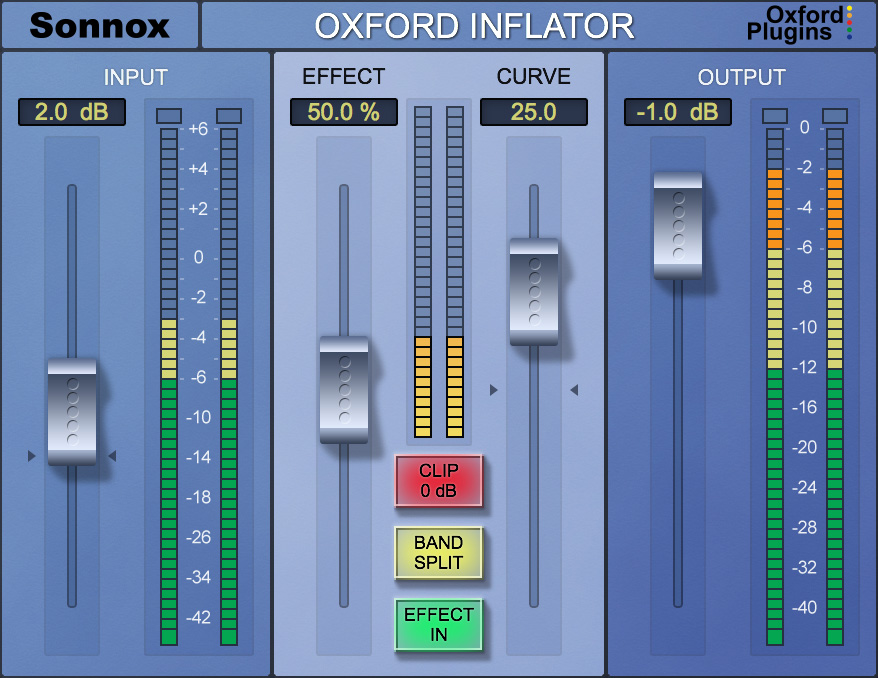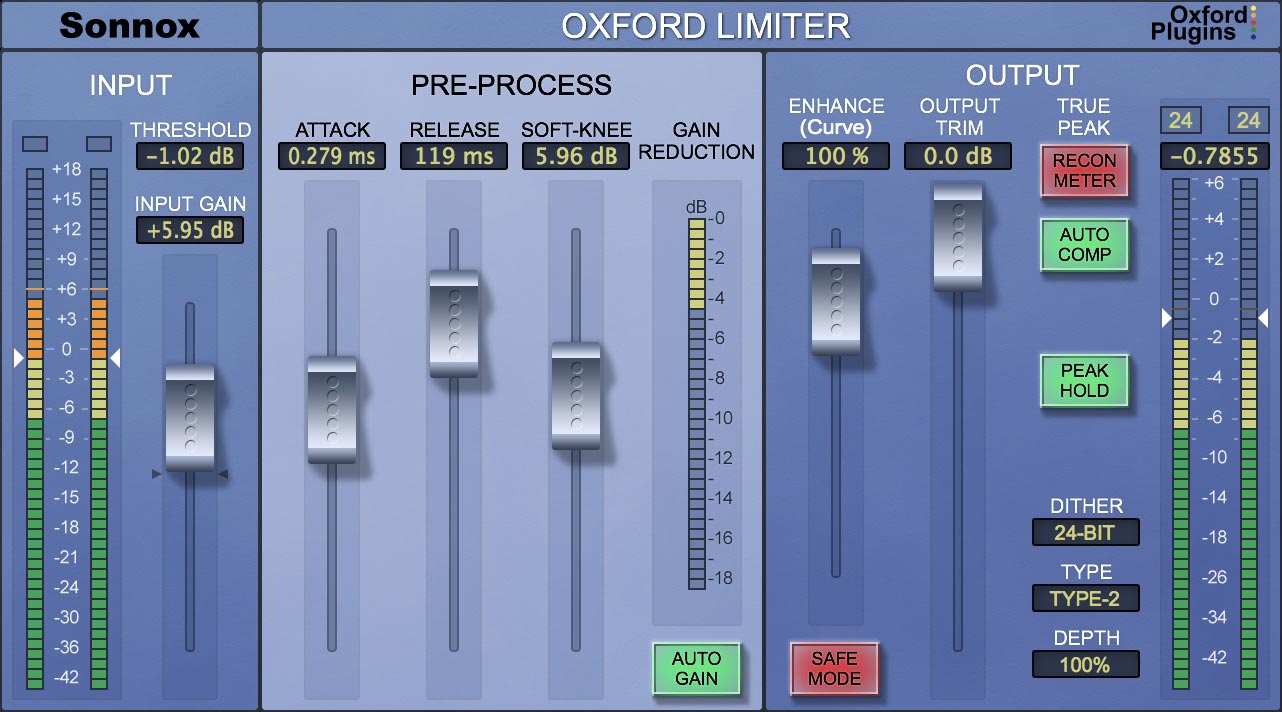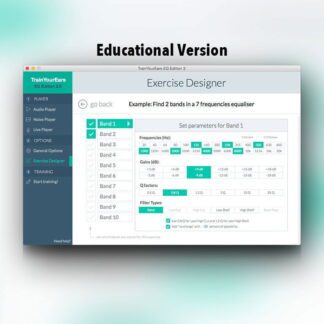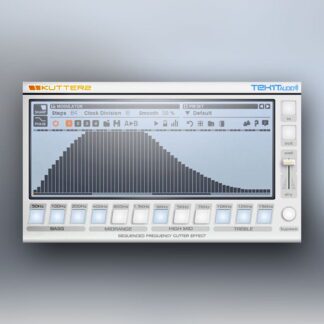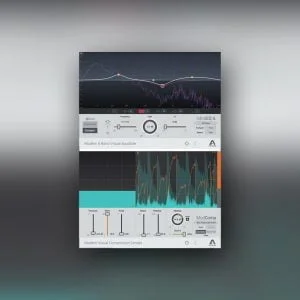Breathe life into your sound
A unique and powerful plugin to increase loudness, without sacrificing sonic quality or dynamic range. Add power and presence to your mix without the pumping of compression, or use on individual channels to bring them forward and add weight. Perfect to help vocals cut through the mix.
When driven harder, Inflator delivers tube-like musical warmth and provides the ‘sonic glue’ you need to gel your mix together!
“Inflator is a rare plugin…I can’t live without it. It simply makes everything sound better…”
“Just the right amount of Inflator will breathe life into anything you run through it!”

- Louder mixes without the issues associated with compressors
- Add apparent dynamic range to previously clipped signals
- Simple user interface
- Flexible Direct and Band-split modes
- A long-time secret weapon of audio professionals
- Our best-selling Plug-In!
https://www.youtube.com/watch?v=z6UBc–teCE
A One-Of-A-Kind Limiter Plugin
Having crafted and refined your mix, join the growing number of professionals who’ve chosen the Oxford Limiter to deliver maximum loudness, density and presence – whilst retaining the kind of clarity and transient detail that conventional brick-wall limiting can’t.
The Oxford Limiter is a true peak limiter that offers recently enhanced levels of processing and metering accuracy. The result is that you get to see and automatically correct otherwise invisible reconstruction overloads – and conform to the accepted industry ITU-R BS.1770-4 standard.
Whether you’re after the Oxford Limiter’s hallmark transparency or heavier creative effects, its advanced look-ahead processing and unique Enhance function provide the sample-value limiting and musical boost needed to reliably avoid clipping and confidently increase apparent loudness.

- Peak limiting with attack, release & variable soft-knee
- Enhance section to increase perceived loudness
- Recon meter shows actual rather than sampled signal
- Auto Comp fixes recon errors without losing overall loudness: conforming to the industry’s true peak measurement standard (ITU-R BS.1770-4)
- Audition and apply TPDF dither for 24-bit and 16-bit output word lengths with four types of variable noise shaping
- Four variable-strength noise shaping modes for use with highly dynamic program material
- Full backwards compatibility with previous plugin versions
- Great library of factory presets to get you started
Carve out your sound
Have you tried to control boomy or harsh frequencies using a traditional static EQ but found you compromised the integrity of the original recording? Then found that writing automation lost you precious time and sounded unnatural? Perhaps you’ve heard that a multiband compressor is the answer but it left you scratching your head?
Then the Oxford Dynamic EQ is the tool you need, providing just the required amount of processing when you need it and takes little time to set up. 5 bands of the ultra-musical Type-3 EQ curve can be overlapped to bring unparalleled control and characteristic Sonnox transparency to your single sources, instrument groups and 2-bus alike.
The Dynamic EQ introduces unique features such as the option to engage the effect by onset (transient) detection – very useful when working with drums and percussion. Additionally, mid-side processing can be used to enhance a vocal without affecting side-channel balance or to open up a mix by focusing low end energy in the centre.
The highly-tweakable space-carving capabilities of the Dynamic EQ will be a welcome addition to your mixing arsenal.
- 5 bands of the Oxford Type-3 EQ curve which offer proportional-Q, often considered the most musical EQ curve-type
- All bands can overlap fluidly without the static phase distortion or low frequency artefacts associated with multiband compressors
- Each band can process and/or detect from mono, stereo, mid or side channels
- Flexible per-band internal/external side chain controls
- A clear and informative GUI simplifies the often-complex workflows associated with multiband dynamic plug-ins
- Flexible upwards/downwards compression and upwards/downwards expansion
- Engage the effect either by setting a level threshold or by using the unique onset detection feature for very precise transient processing



